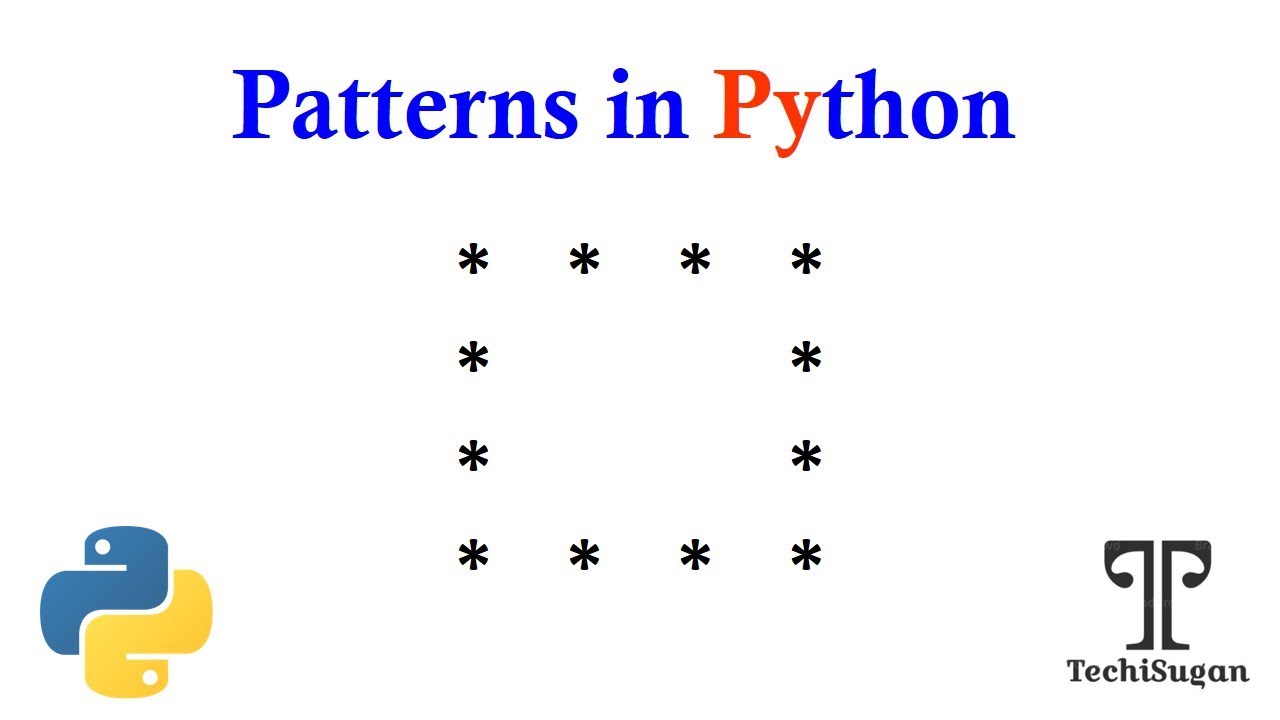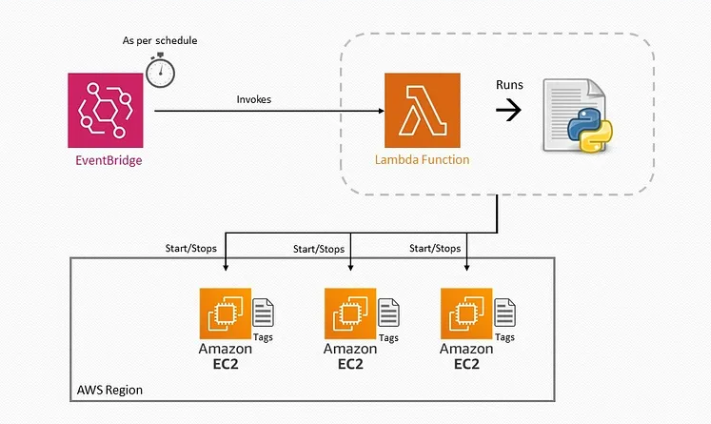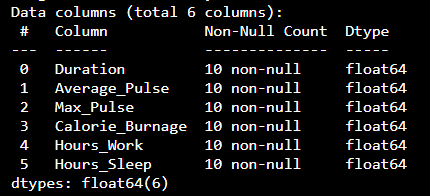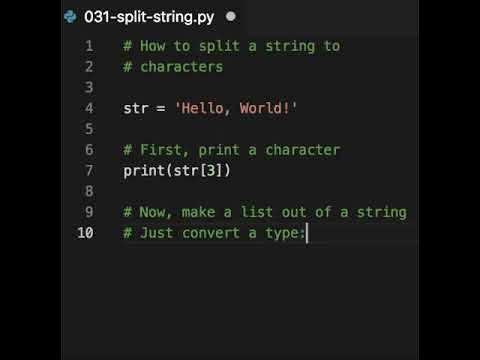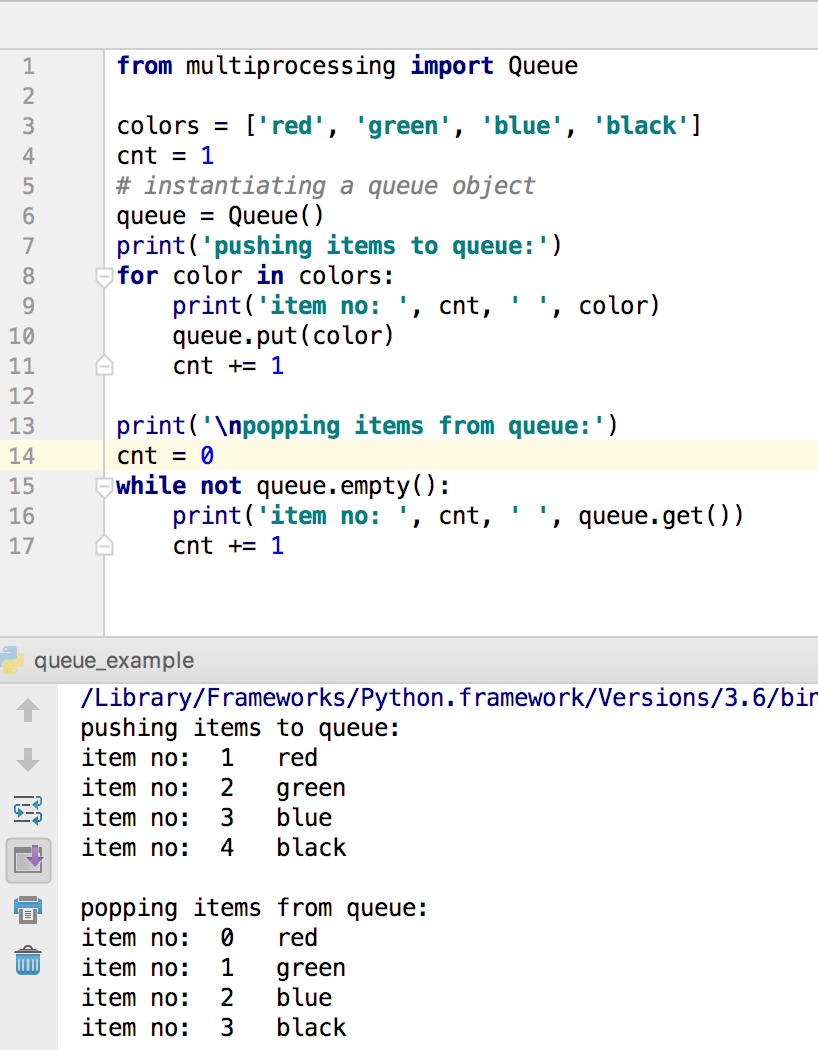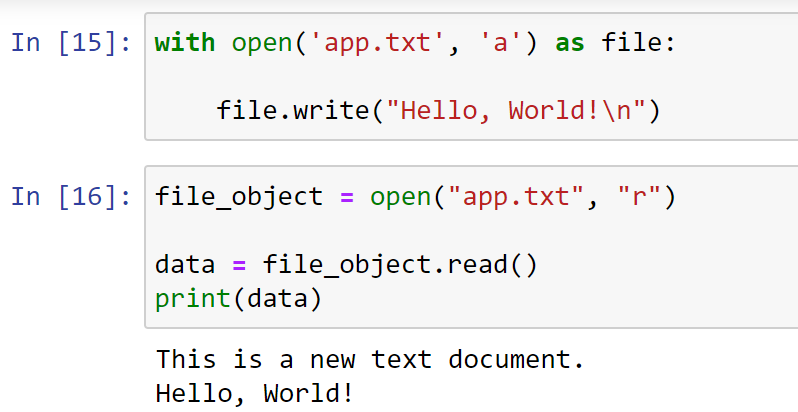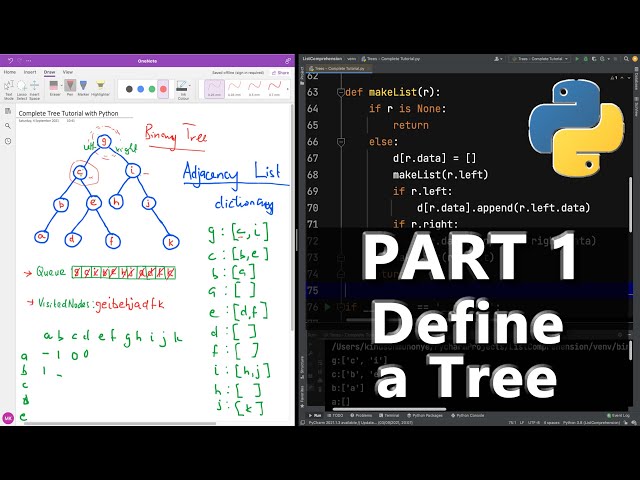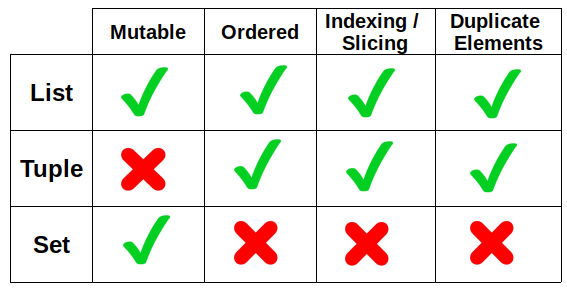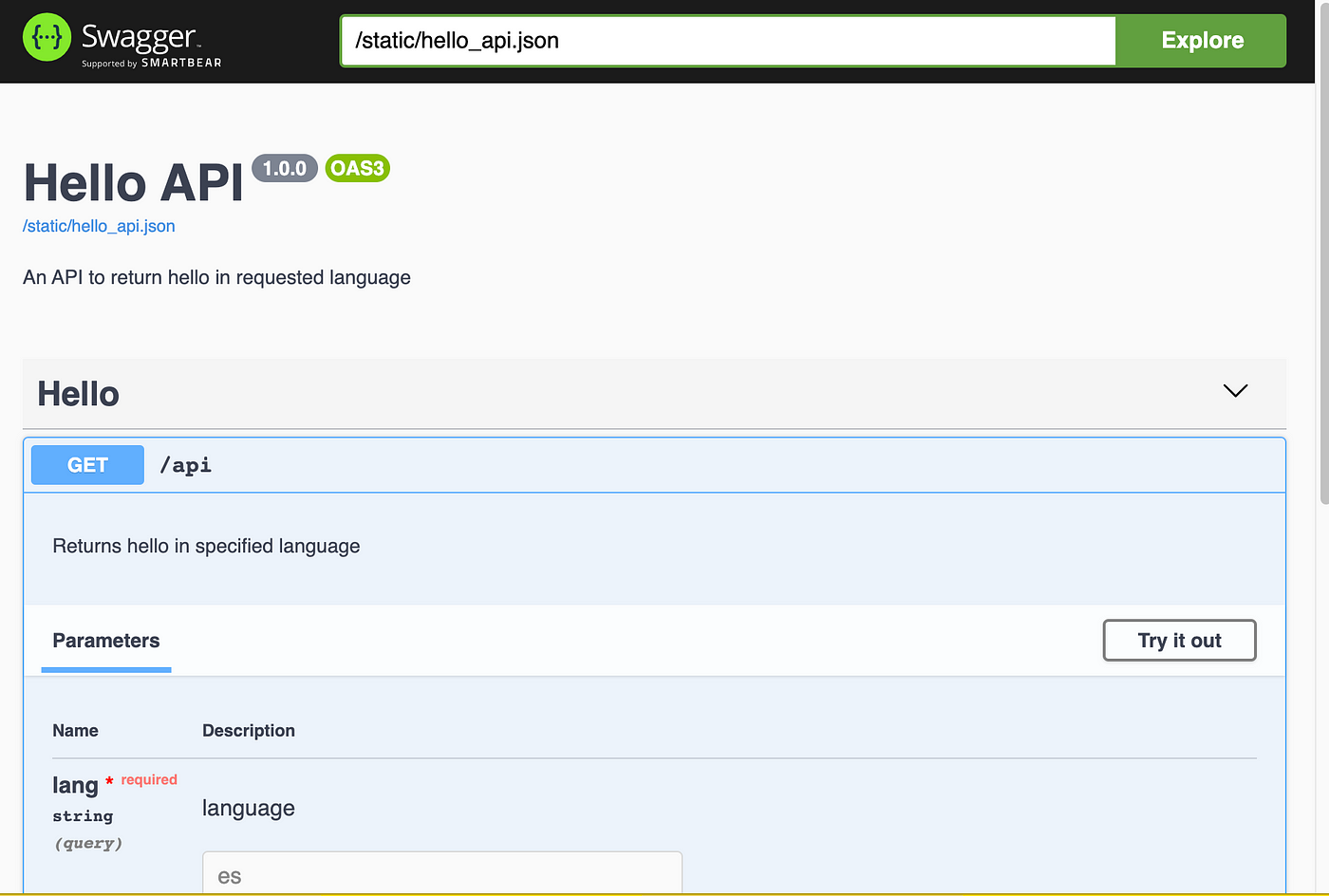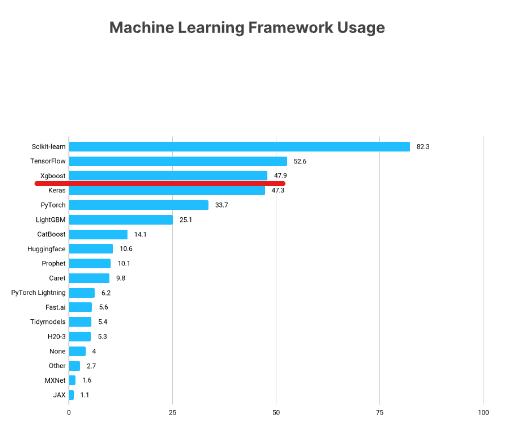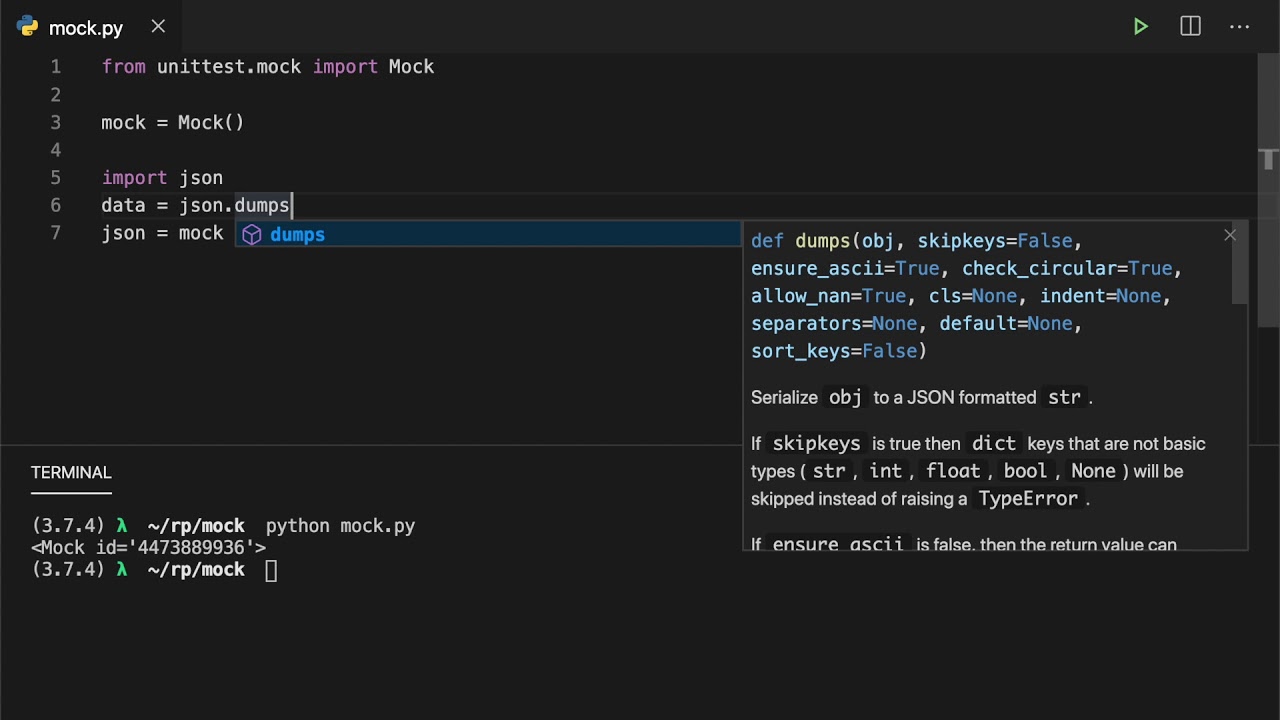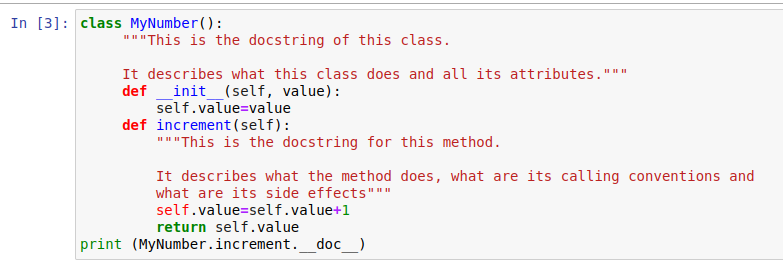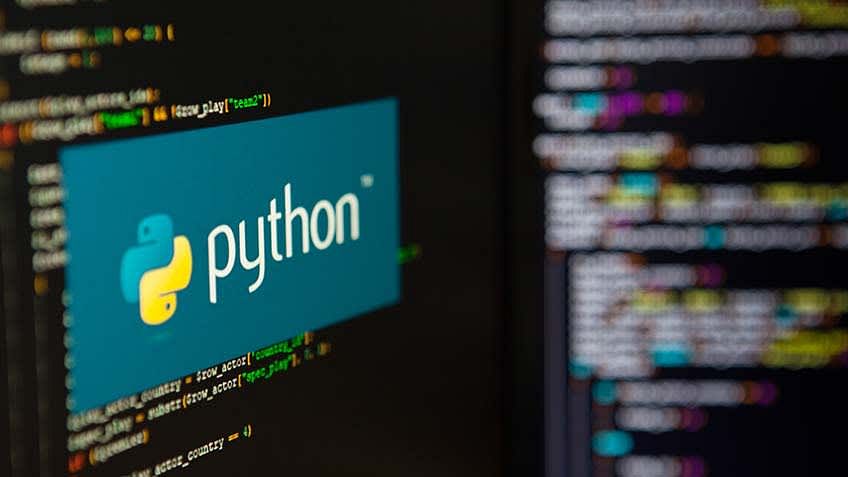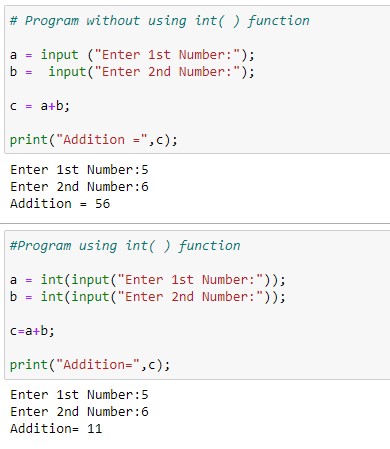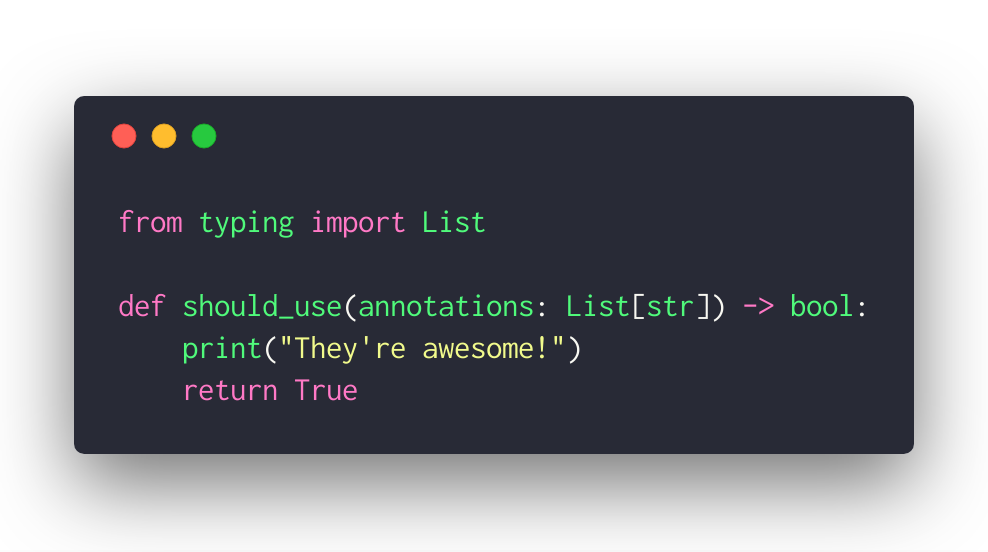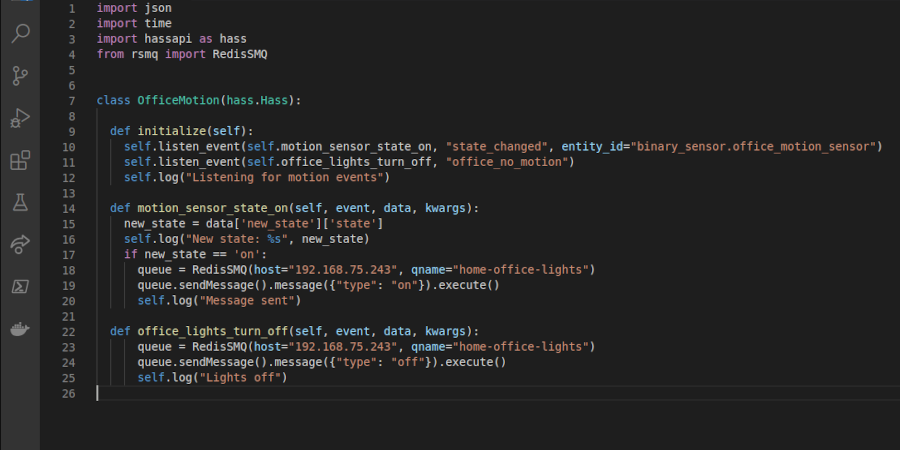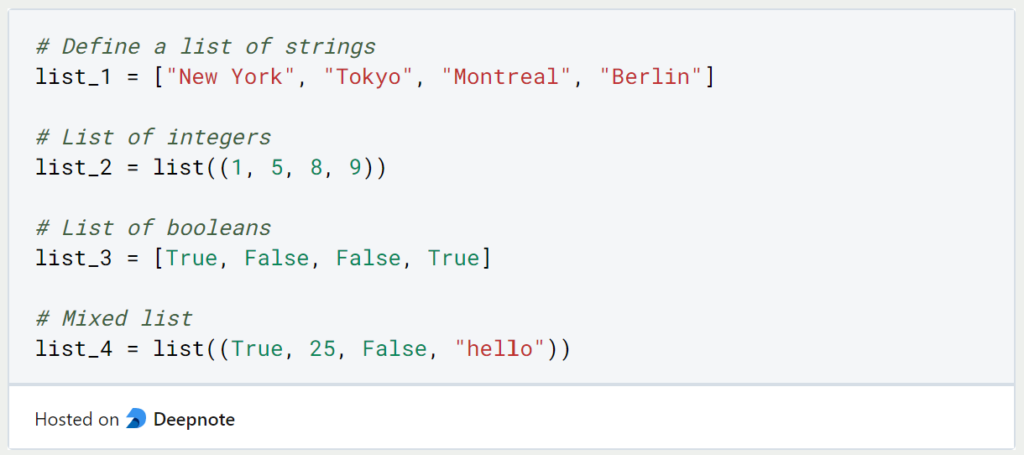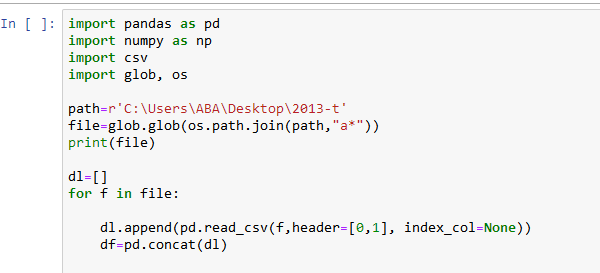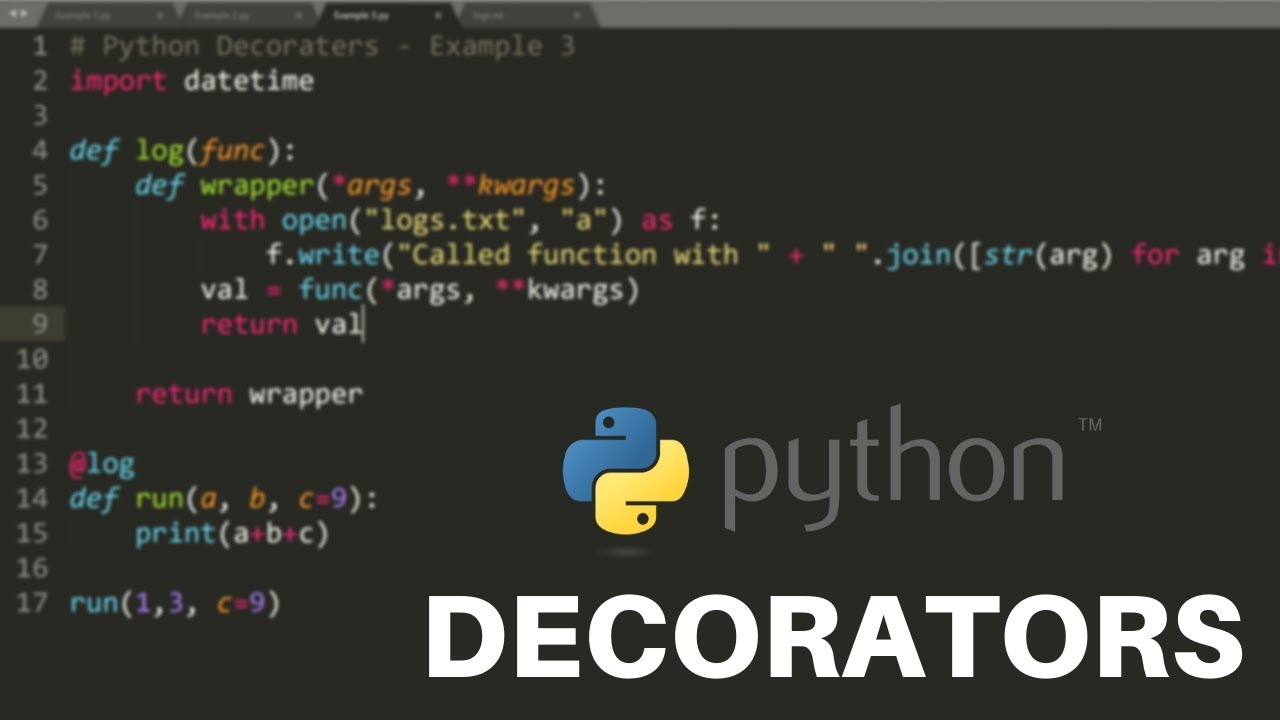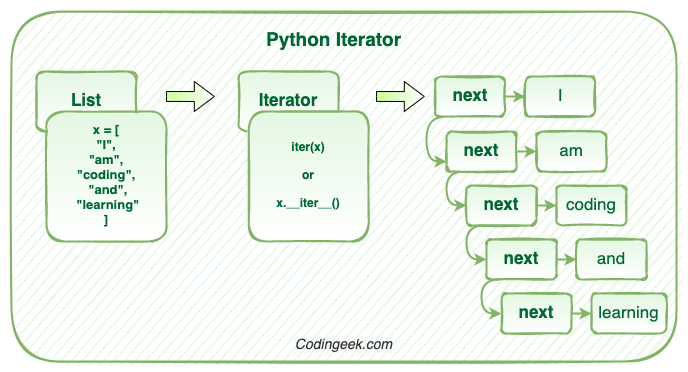What is nonlocal in Python?
What is nonlocal in Python?

In Python, "non-local" refers to a concept called "non-local variables" or "non-local scope." It's a fundamental idea in the context of Python's scoping rules, which determine how variables are accessed and updated within different blocks of code.
To understand non-local variables, let's first explore what local and global variables are. A variable is considered local if it's defined inside a function, such as a variable assignment or a function parameter. Local variables are scoped to the block they're defined in and can only be accessed within that block. If you try to access a local variable outside its scope, Python will raise a NameError.
Global variables, on the other hand, are accessible from anywhere in your code. You can define them at the top-level of your script or module, and then access them from any function or block. However, global variables can be problematic because they can easily become hard to manage and debug.
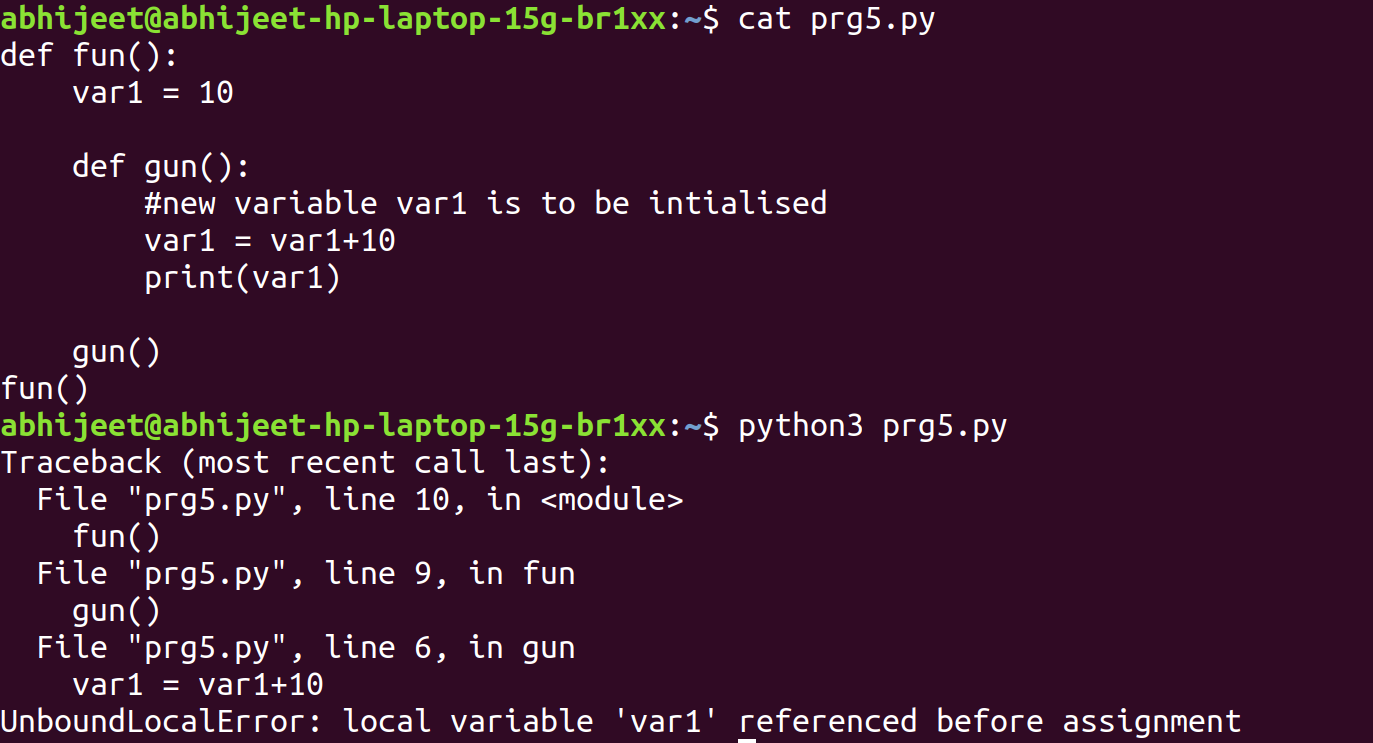
Now, non-local variables are a special case that combines aspects of local and global variables. A non-local variable is essentially a variable that's defined in an outer scope, but is accessed from a different scope within the same function or block. This happens when you use techniques like nested functions, closures, or even recursion.
To illustrate this concept, consider the following example:
def outer():
x = 10
def inner():
nonlocal x
print(x) # Accessing the non-local variable x
inner()
outer()
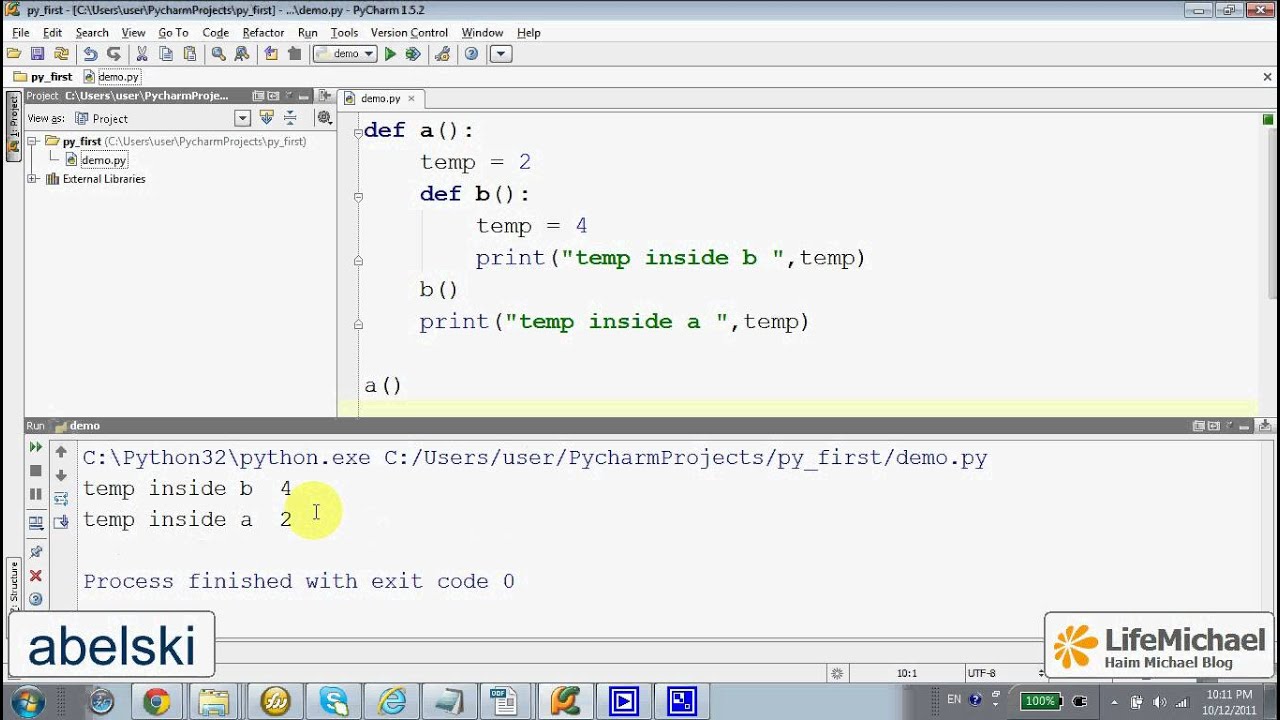
In this code, x is defined in the outer scope, but it's accessed within the inner function. Python knows that x is defined outside the inner function's scope and allows you to access it using the nonlocal keyword.
When you run this code, it will print 10, which is the value of x from the outer scope. This demonstrates how non-local variables allow you to access variables defined in an outer scope from a different scope within the same function or block.
Non-local variables are essential for managing complexity and facilitating communication between different scopes in your code. They're particularly useful when working with nested functions, closures, or recursion, as they help maintain coherence and avoid variable shadows.
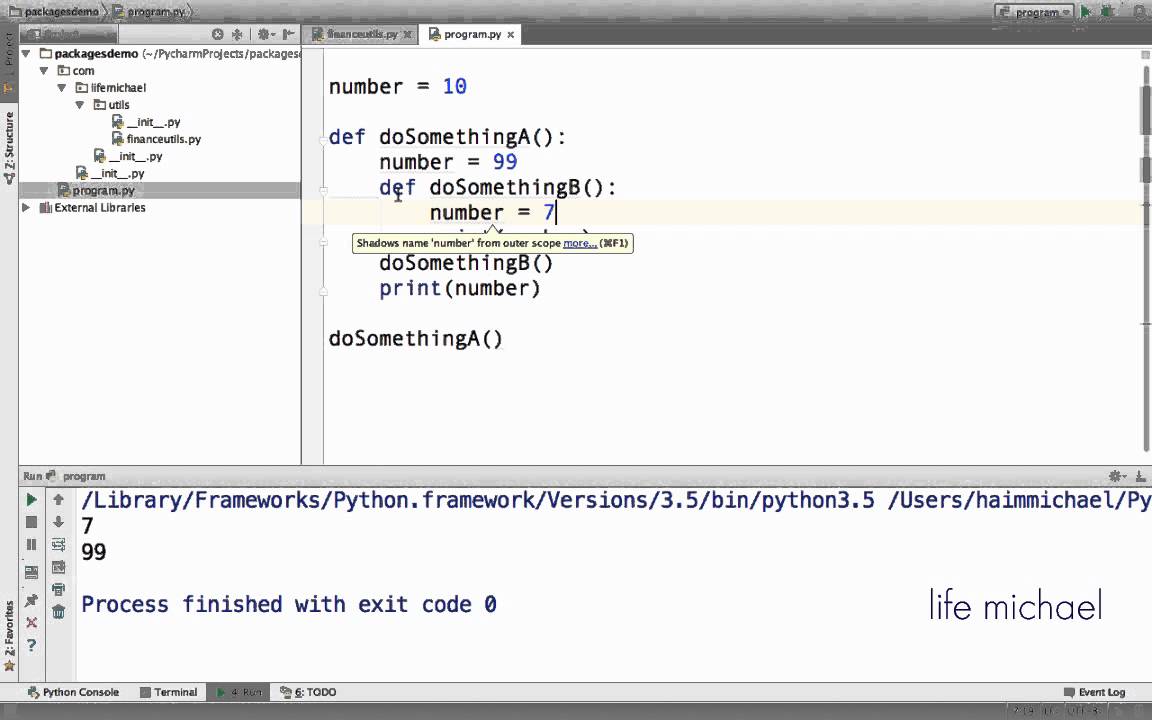
Keep in mind that non-local variables are not the same as global variables. Non-local variables are scoped to a specific block of code and can't be accessed directly outside that scope. This ensures that you don't accidentally pollute your global namespace with variables defined within a particular function or block.
In summary, non-local variables in Python allow you to access variables defined in an outer scope from a different scope within the same function or block. They're an essential tool for managing complexity and facilitating communication between different scopes, making them a valuable addition to your Python programming toolkit.
Python nonlocal scope list
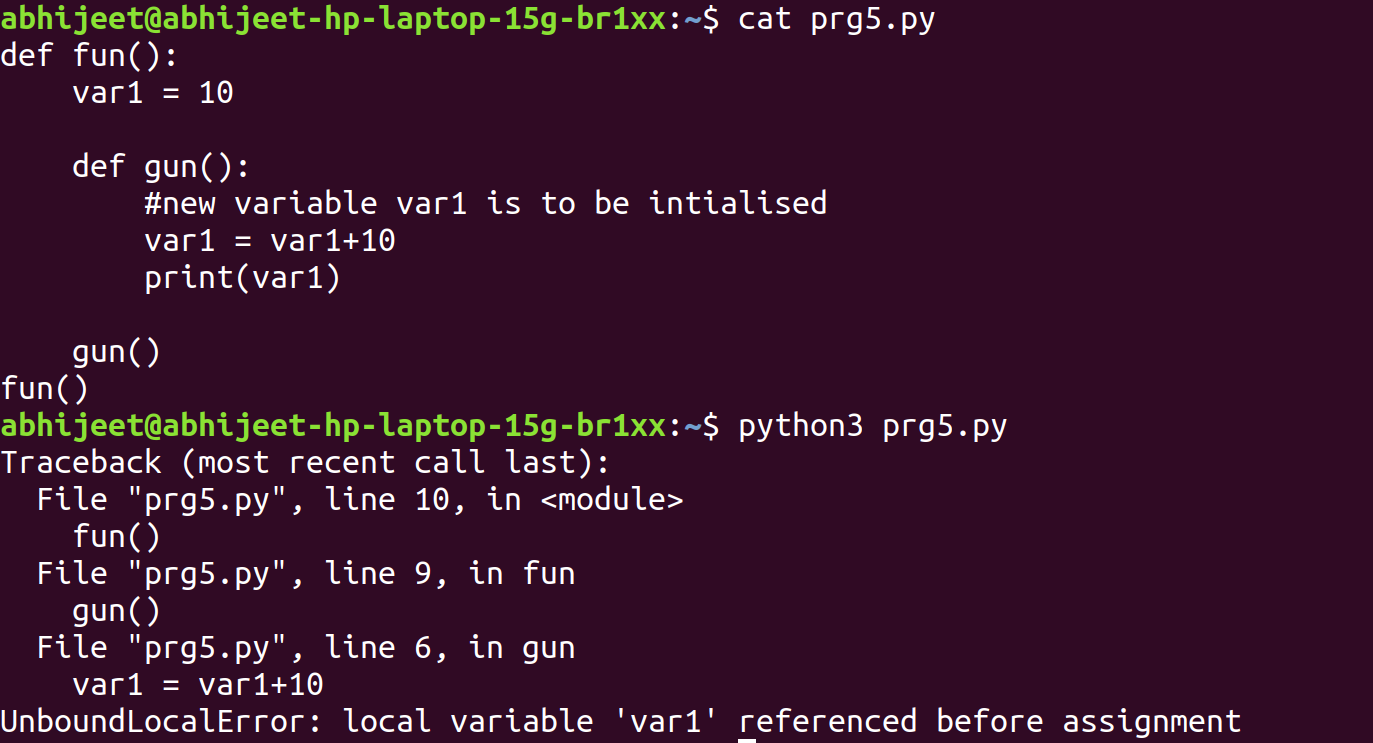
Here is a detailed explanation of the Python nonlocal scope and its application with lists:
In Python, the nonlocal keyword is used to declare that a variable is not local, but it's also not global. It's used in nested functions or inner functions to access variables from an outer function.
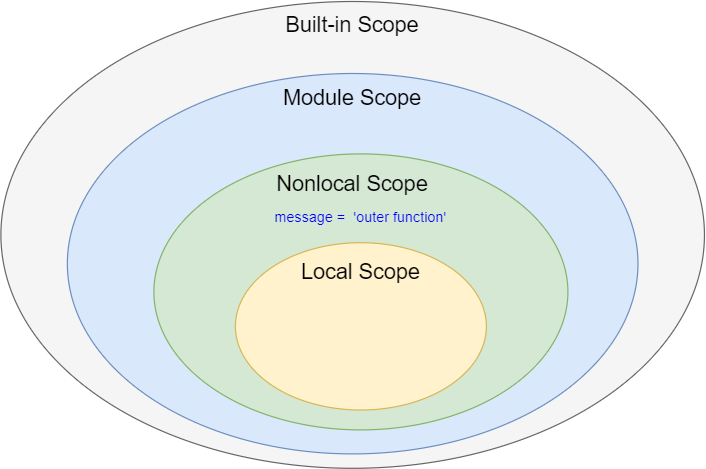
Let's consider a simple example where we want to modify a list inside an inner function and then return this modified list back to the outer function:
def outer_function():
my_list = [1, 2, 3]
def inner_function():
nonlocal my_list
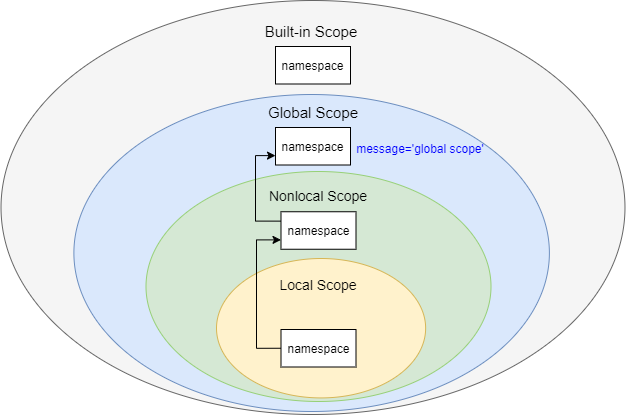
my_list.append(4)
my_list.insert(0, 0)
inner_function()
print(my_list)
outer_function()
When you run this code, it will output: [0, 1, 2, 3, 4]. This is because the inner_function is able to modify the list declared in outer_function, which is then printed out.
However, if we try to access a variable from an outer scope without using nonlocal, it will result in a NameError:
def outer_function():
my_list = [1, 2, 3]
def inner_function():
my_list.append(4) # This line will cause NameError
inner_function()
print(my_list)
outer_function()
This will output: NameError: name 'my_list' is not defined. This is because the variable my_list declared in outer_function is not accessible from within inner_function.
By using the nonlocal keyword, you can access and modify variables declared in an outer scope, which is useful when working with nested functions.
Now, let's consider a more complex example where we're dealing with lists:
def outer_function():
my_list = [[1, 2], [3, 4]]
def inner_function():
nonlocal my_list
for i in range(len(my_list)):
my_list[i].append(i)
inner_function()
print(my_list)
outer_function()
When you run this code, it will output: [[1, 2], [3, 4, 0], [3, 4, 1]]. This is because the inner_function modified the nested lists declared in outer_function, which are then printed out.
In summary, Python's nonlocal keyword allows you to access and modify variables declared in an outer scope from within a nested function. This is particularly useful when working with complex data structures like lists, where modifying elements or appending new ones can be tricky without the right tools.
